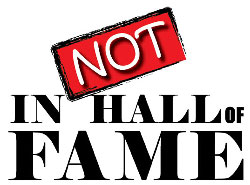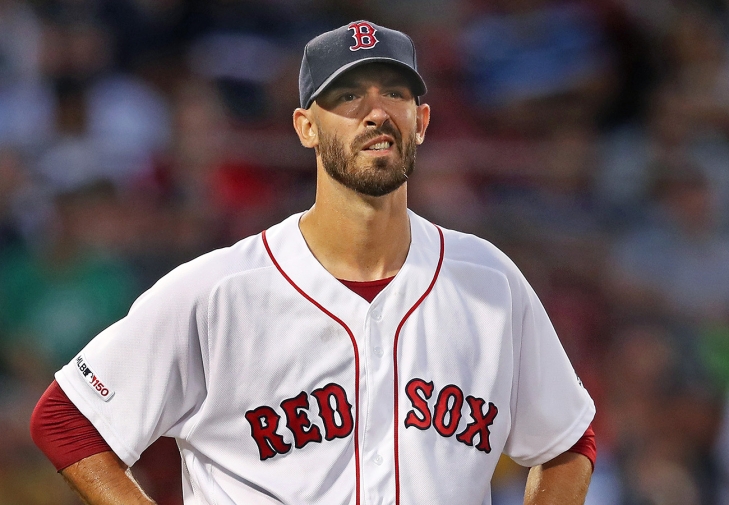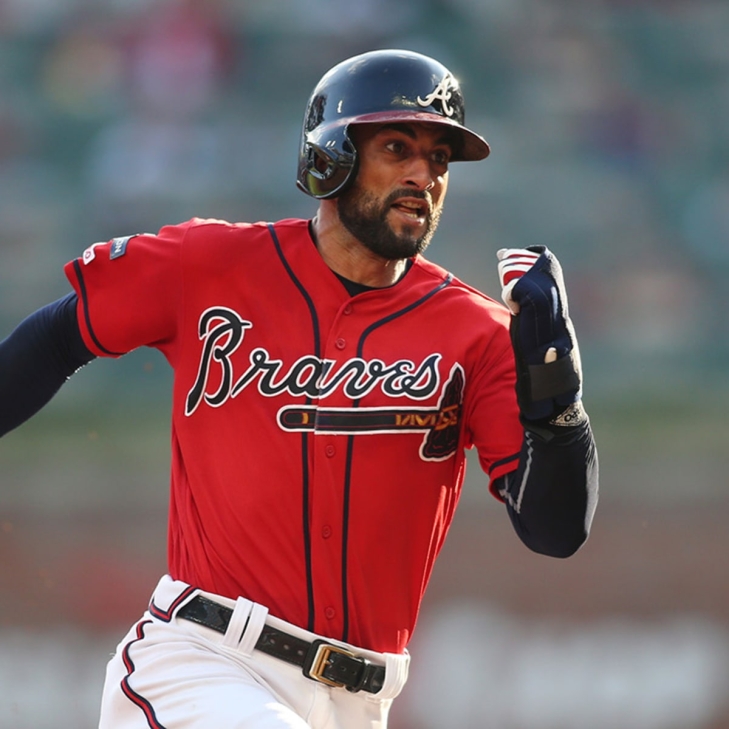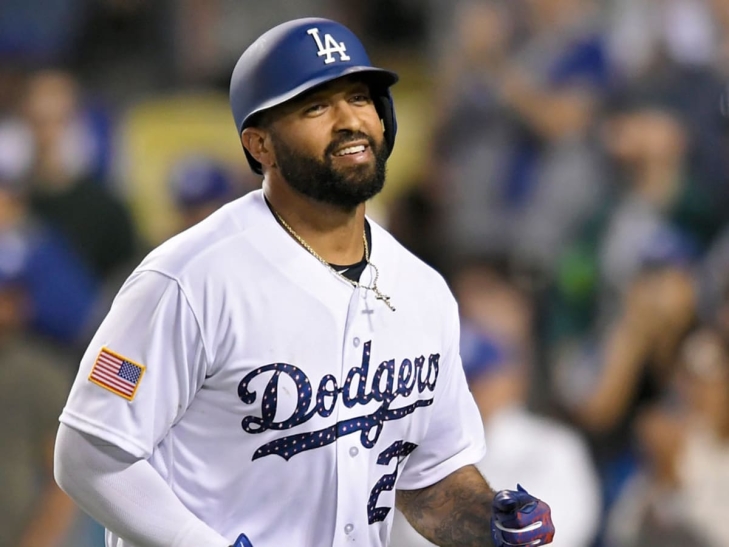
Committee Chairman
Rick Porcello
Rick Porcello began his career in the Majors with the Detroit Tigers in 2009, winning a spot in the starting rotation. The right-hander proved competent, drawing groundball outs mostly off his two-seam fastball, and over his six seasons in Motown, he had a winning record of 76 and 63. The Tigers traded Porcello to Boston before the 2015 Season, and initially, it looked like the Red Sox regretted pursuing the Pitcher.
Porcello had a poor 2015 and missed the last two months due to injury, but he followed his worst year with his best. He led the AL in 2016 in Wins (21) and SO/BB (5.91), and he won both the Cy Young and Comeback Player of the Year. Porcello settled back to the mid-level Pitcher he was in Detroit over the next two years for the BoSox, and he concluded his career with a final season with the New York Mets in 2020.
Porcello had a record of 150-125 with 1,561 Strikeouts.
Nick Markakis
Nick Markakis was a First Round Pick in 2003 (7th Overall), where he joined the Baltimore Orioles system, save for a brief stop representing Greece in the 2004 Olympics.
Markakis became Baltimore’s starting Rightfielder out of the 2006 Training Camp, and he immediately was one of the more consistent hitters in Baseball. He batted at least .280 in his first seven years, with a five-year run of at least 180 Hits (2007-11). He was not the most prolific Home Run hitter, but he had 189 a pair of 20 Home Run years, both with Baltimore.
Markakis signed with the Atlanta Braves as a Free Agent in 2014, and though his power numbers were not as strong, he still had good campaigns with Hits and Average. He would have his lone All-Star year (2018) in Atlanta, also securing a Silver Slugger.
Defensively, Markakis won a pair of Gold Gloves, both with Baltimore (2011 & 2014), and while his skill set was not flashy, it was extraordinarily efficient. Markakis led his league position three times in Total Zone Runs and seven times in Fielding Percentage, which included a 398-Game stretch without an error.
Markakis completed his career with 2,388 Hits, 189 Home Runs, and 1,046 RBIs, solid numbers in any era.
Matt Wieters
Matt Wieters was one of the better defensive catchers in the early 2010s, leading the American League in Total Zone Runs by a Catcher three times and winning two Gold Gloves. Playing for Baltimore for most of his career, Wieters did not hit for average but had three consecutive 20 Home Run Years and was good enough to make four All-Star Teams.
Matt Kemp
Matt Kemp had an interesting career, and if you watched him in 2011, you might have thought this was a potential Hall of Famer.
Kemp joined the Los Angeles Dodgers in late 2006 after three years in the Minors, but it was not for another two seasons that he established himself as an everyday Outfielder. Breaking out in 2009 with a 26 HR/101 RBI/34 SB year where he won the Silver Slugger and Gold Glove, Kemp was tenth in MVP voting, and Los Angeles thought they had a potential megastar. After a decent 2010, Kemp had one of the best seasons of a player who didn't win the MVP. Kemp's 2011 saw him finish one Home Run shy of a 40/40 year, but he still led the NL in taters. Adding a second Gold Glove and Silver Slugger, Kemp also led the NL in Runs (115), RBIs (126), and OPS+ (176). It was a phenomenal year, but that was the only campaign Kemp would have that could be categorized as such.
Kemp was still a good power hitter, belting 20 or more Home Runs six more times, but he only stole 42 more Bases after his 40 SB year. The Dodgers traded Kemp to San Diego after the 2014 Season, and he bounced around with stops in Atlanta, Los Angeles for a second time, Cincinnati and Colorado, finishing with good power numbers of 287 Home Runs and 1,031 RBIs.





